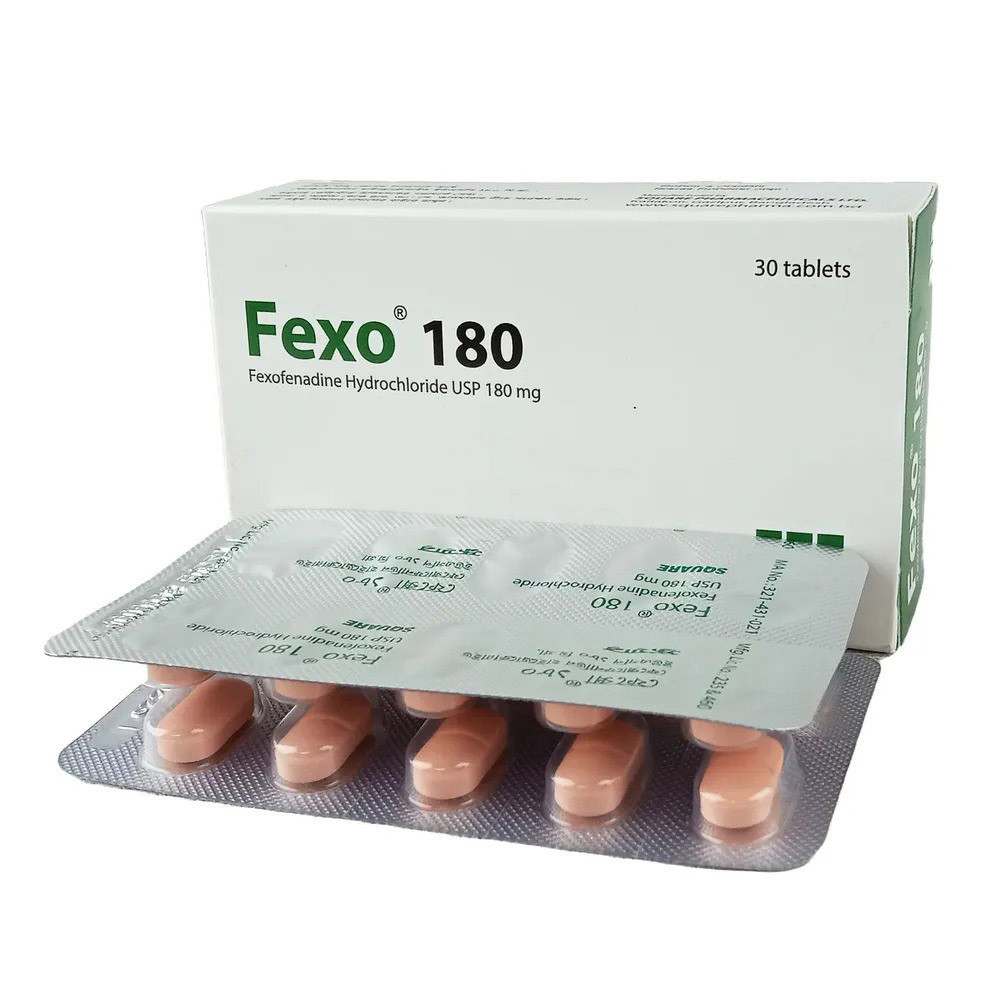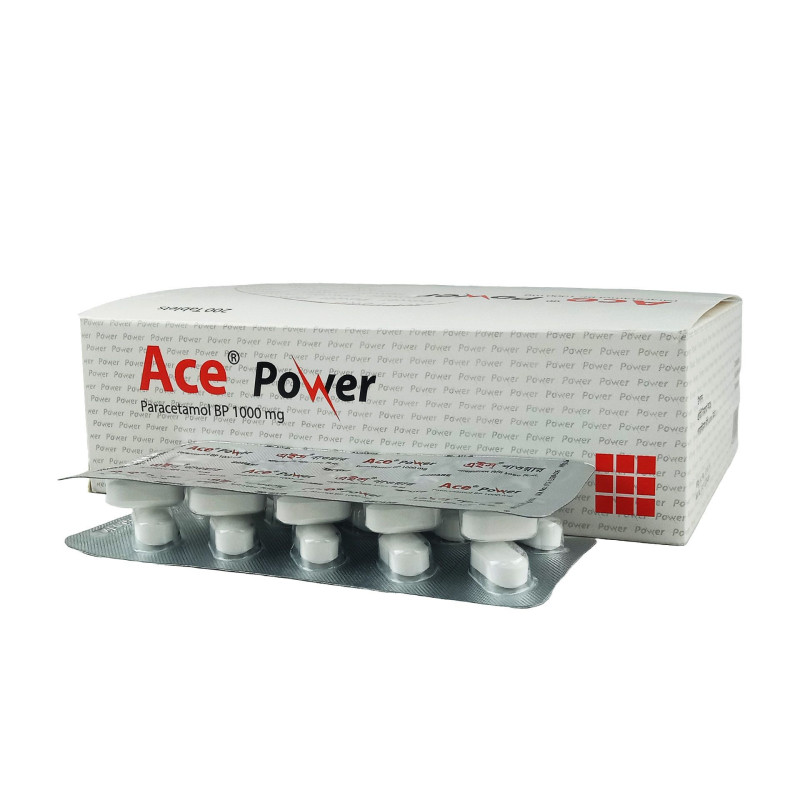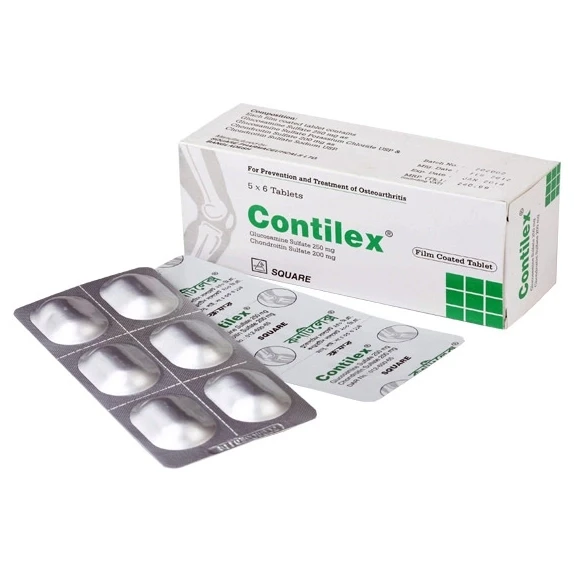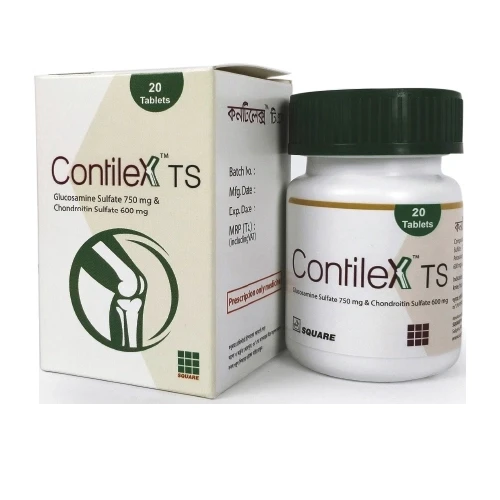

Ibsan Tablet Irbesartan 75 mg
Inhouse product
-
৳11.40
৳12.00 -
৳42.75
৳45.00 -
৳16.63
৳17.50 -
৳2.14
৳2.25
Reviews & Ratings
Indications
Ibsan tablet is
indicated for the treatment of essential hypertension. Treatment of renal
disease in patients with hypertension and type 2 diabetes mellitus as part of
an antihypertensive drug regimen.
* রেজিস্টার্ড চিকিৎসকের পরামর্শ মোতাবেক ঔষধ সেবন করুন
Pharmacology
Irbesartan is an angiotensin II receptor
antagonist. It blocks the vasoconstricting and aldosterone-secreting effects of
angiotensin II by binding to AT1 receptors.
Dosage & Administration
Adult: The usual recommended
initial and maintenance dose is Irbesartan 150 mg once daily, with or
without food. Irbesartan at a dose of 150 mg once daily generally provides a
better 24 hour blood pressure control than 75 mg. However, initiation of
therapy with Irbesartan 75 mg could be considered, particularly in
haemodialysed patients and in the elderly over 75 years. In patients insufficiently
controlled with Irbesartan 150 mg once daily, the dose of Irbesartan can
be increased to Irbesartan 300 mg, or other anti-hypertensive agents can be
added. In particular, the addition of a diuretic such as hydrochlorothiazide
has been shown to have an additive effect with Irbesartan. In
hypertensive type 2 diabetic patients, therapy should be initiated at
Irbesartan 150 mg once daily and titrated up to Irbesartan 300 mg once
daily as the preferred maintenance dose for treatment of renal disease. The
demonstration of renal benefit of Irbesartan in hypertensive type 2 diabetic
patients is based on studies where Irbesartan was used in addition to
other antihypertensive agents, as needed, to reach target blood pressure.
Elderly: although
consideration should be given to initiating therapy with Irbesartan 75 mg in
patients over 75 years of age, dosage adjustment is not usually necessary for
the elderly
Paediatric: Irbesartan is not recommended for use in
children and adolescents due to insufficient data on safety and efficacy.
* রেজিস্টার্ড চিকিৎসকের পরামর্শ মোতাবেক ঔষধ সেবন করুন'
Interaction
Diuretics and other
antihypertensive agents: prior treatment with high dose diuretics may
result in volume depletion and a risk of hypotension when initiating
therapy with Ibsan.
Potassium supplements and potassium-sparing diuretics: based on experience
with the use of other drugs that affect the renin-angiotensin system,
concomitant use of potassiumsparing diuretics, potassium supplements, salt
substitutes containing potassium or other drugs that may increase serum
potassium levels (e.g. heparin) may lead to increases in serum potassium
and is, therefore, not recommended.
Lithium: reversible
increases in serum lithium concentrations and toxicity have been
reported during concomitant administration of lithium with angiotensin
converting enzyme inhibitors. Similar effects have been very rarely
reported with Ibsan so far. Therefore, Ibsan is not recommended. If the
combination proves necessary, careful monitoring of serum lithium levels
is recommended.
Non-steroidal anti-inflammatory drugs: When angiotensin II
antagonists are administered simultaneously with non-steroidal anti-
inflammatory drugs (i.e. selective COX-2 inhibitors, acetylsalicylic acid
> 3 g/day and non-selective NSAIDs), attenuation of the
antihypertensive effect may occur. Additional information on
Ibsan interactions: In clinical studies, the pharmacokinetic of Ibsan is
not affected by hydrochlorothiazide. Ibsan is mainly metabolised by CYP2C9
and to a lesser extent by glucuronidation. No significant pharmacokinetic
or pharmacodynamic interactions were observed when Ibsan was
coadministered with warfarin, a drug metabolised by CYP2C9. The effects of
CYP2C9 inducers such as rifampicin on the pharmacokinetic of Ibsan have
not been evaluated. The pharmacokinetic of digoxin was not altered by
coadministration of Ibsan.
Contraindications
Concomitant
use with aliskiren in patients with diabetes and renal impairment (GFR <60
ml/min). Pregnancy.
Side Effects
One of the main advantages of Ibsan is the low incidence of
adverse effects, especially cough, a common effect of ACE inhibitors which work
on the same reninangiotensin system.
Common side effects: Headache, dizziness or light-headedness, fatigue, nausea,
and vomiting.
Less common: Anxiety, Nervousness, Belching, Heartburn, Stomach discomfort,
Diarrhoea, Headache, Muscle or bone pain, Unusual tirednes
Pregnancy & Lactation
Pregnancy: Irbesartan is
contraindicated in the second and third trimesters of pregnancy. In the
second and third trimesters, substances that act directly on
the renin-angiotensin-system can cause foetal or neonatal renal failure,
foetal skull hypoplasia and even foetal death. As precautionary measure,
irbesartan should preferably not be used during first trimester of
pregnancy. A switch to a suitable alternative treatment should be carried out
in advance of a planned pregnancy. If pregnancy is diagnosed, irbesartan
should be discontinued as soon as possible, skull and renal function
should be checked with echography if, inadvertently, the treatment was
taken for a long period.
Lactation: Irbesartan is
contraindicated during lactation. It is not known whether irbesartan is
excreted in human milk. Irbesartan is excreted in the milk of
lactating rats. Precautions: Intravascular volume depletion: symptomatic
hypotension, especially after the first dose, may occur in patients who
are volume and/or sodium depleted by vigorous diuretic therapy, dietary
salt restriction, diarrhoea or vomiting. Such conditions should be corrected
before the administration of Irbesartan.
Precautions
& Warnings
Patients with unilateral or bilateral renal artery stenosis,
depletion of intravascular volume, aortic or mitral stenosis, or obstructive
hypertrophic cardiomyopathy. Renal impairment. Lactation.
Use in Special Populations
Renal
impairment: no dosage adjustment is necessary in patients with impaired
renal function. A lower starting dose of Ibsan 75 mg should be considered
for patients undergoing haemodialysis. Intravascular volume
depletion: volume and/or sodium depletion should be corrected prior
to administration of Ibsan.
Hepatic impairment: no dosage adjustment is necessary in
patients with mild to moderate hepatic impairment. There is no clinical
experience in patients with severe hepatic impairment.
Hypertensive patients with type 2 diabetes and renal
disease: the effects of Ibsan both on renal and cardiovascular
events were not uniform across all subgroups, in an analysis carried out
in the study with patients with advanced renal disease. In particular,
they appeared less favourable in women and non-white subjects.
Hyperkalaemia: as with other drugs that affect the
renin-angiotensin-aldosterone system, hyperkalaemia may occur during the
treatment with Ibsan, especially in the presence of renal impairment,
overt proteinuria due to diabetic renal disease, and/or heart
failure. Close monitoring of serum potassium in patients at risk is
recommended.
Aortic and mitral valve stenosis, obstructive
hypertrophic cardiomyopathy: as with other vasodilators, special
caution is indicated in patients suffering from aortic or mitral stenosis,
or obstructive hypertrophic cardiomyopathy.
Primary aldosteronism: patients with primary aldosteronism
generally will not respond to anti-hypertensive drugs acting through
inhibition of the renin-angiotensin system. Therefore, the use of Ibsan is
not recommended.
General: in patients whose vascular tone
and renal function depend predominantly on the activity of the
renin-angiotensinaldosterone system (e.g. patients with severe congestive
heart failure or underlying renal disease, including renal artery stenosis),
treatment with angiotensin converting enzyme inhibitors or angiotensin-II
receptor antagonists that affect this system has been associated with
acute hypotension, azotaemia, oliguria, or rarely acute renal failure. As
with any anti-hypertensive agent, excessive blood pressure decrease
in patients with ischaemic cardiopathy or ischaemic cardiovascular disease
could result in a myocardial infarction or stroke.
Overdose Effects
Experience in adults exposed to doses of up to
900 mg/day for 8 weeks revealed no toxicity. The most likely
manifestations of overdosage are expected to be hypotension and
tachycardia; bradycardia might also occur from overdose. No specific
information is available on the treatment of overdosage with Ibsan.
The patient should be closely monitored, and the treatment should be
symptomatic and supportive. Suggested measures include induction of emesis
and/or gastric lavage. Activated charcoal may be useful in the treatment
of overdosage. Ibsan is not removed by haemodialysis.
Therapeutic Class
Angiotensin-ll receptor blocker
Storage Conditions
Store in a cool and dry place, protected from light.
Frequently Bought Products
Product Queries (0)
Login Or Registerto submit your questions to seller
Other Questions
No none asked to seller yet
-
৳11.40
৳12.00 -
৳42.75
৳45.00 -
৳16.63
৳17.50 -
৳2.14
৳2.25







